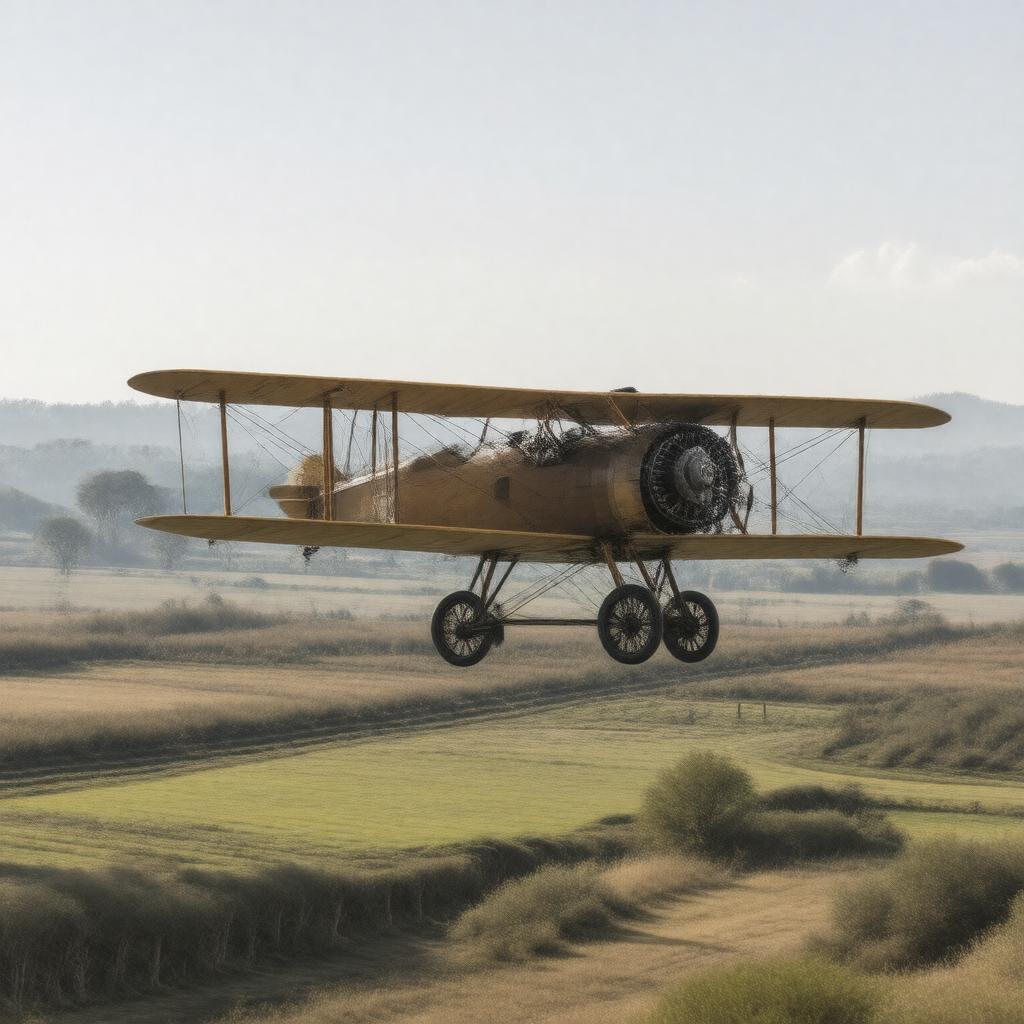
AI-created image
Statements (27)
| Predicate | Object |
|---|---|
| gptkbp:instanceOf |
gptkb:aircraft
|
| gptkbp:category |
biplanes
1910s United States civil utility aircraft single-engined tractor aircraft |
| gptkbp:crew |
2
|
| gptkbp:emptyWeight |
800 lb
|
| gptkbp:engine |
gptkb:Wright_4-cylinder
|
| gptkbp:enginePower |
35 hp
|
| gptkbp:engineType |
gptkb:piston_engine
|
| gptkbp:firstFlight |
1910
|
| gptkbp:height |
8 ft 1 in
|
| gptkbp:introduced |
1910
|
| gptkbp:length |
29 ft 0 in
|
| gptkbp:manufacturer |
gptkb:Wright_Company
|
| gptkbp:maximumSpeed |
50 mph
|
| gptkbp:numberBuilt |
over 100
|
| gptkbp:predecessor |
gptkb:Wright_Model_A
|
| gptkbp:range |
105 mi
|
| gptkbp:successor |
gptkb:Wright_Model_EX
|
| gptkbp:type |
gptkb:aircraft
|
| gptkbp:usedBy |
gptkb:United_States_Army_Signal_Corps
civilian operators |
| gptkbp:weight |
1,250 lb
|
| gptkbp:wingspan |
39 ft 0 in
|
| gptkbp:bfsParent |
gptkb:Orville_Wright
|
| gptkbp:bfsLayer |
3
|
| http://www.w3.org/2000/01/rdf-schema#label |
Wright Model B
|